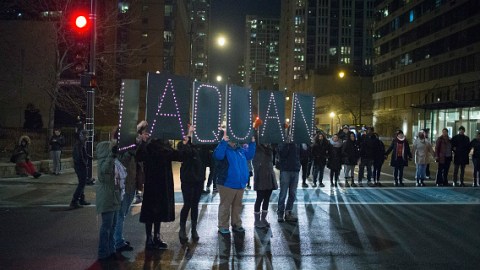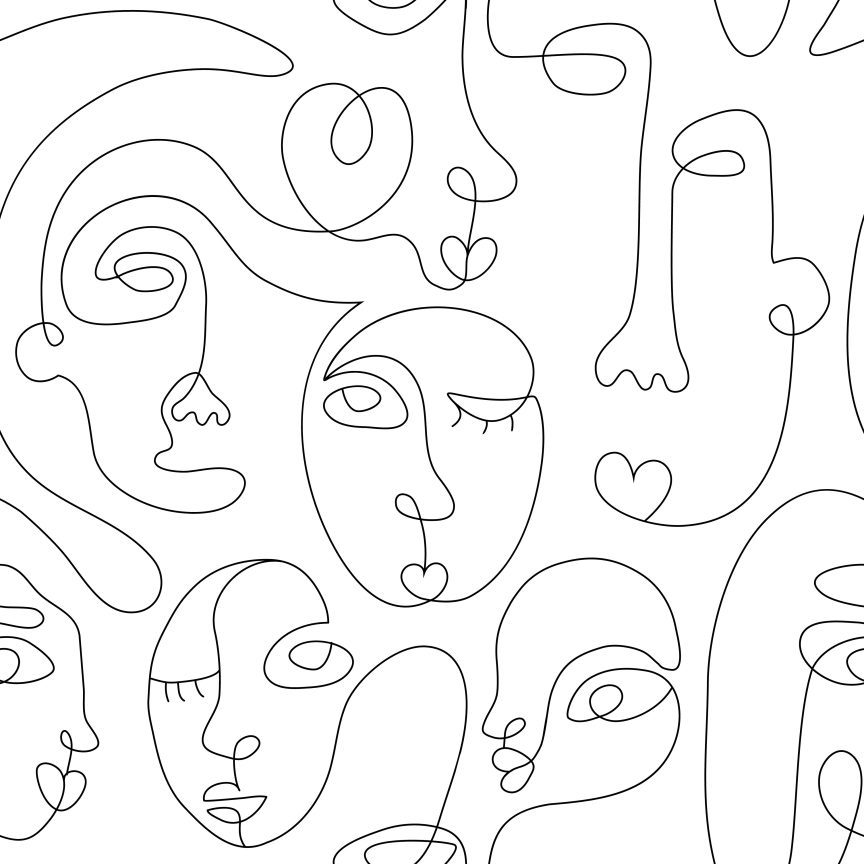We Have to Consider the Racial Wealth Gap When Talking About Racial Bias

Race is in the news again. On Wednesday, Chicago officials released a video of 17-year-old Laquan McDonald’s violent death at the hands of a police officer, sparking protest marches and heated debates on racial bias. In addition, Minneapolis protesters against the death of Jamar Clark, another young black man killed by police, were shot at two nights in a row. The Minneapolis events would suggest that some are upset at the idea that police officers need to be under examination for black deaths.
The U.S. is clearly in a time of upheaval with regard to race relations, and tempers are high on all sides. When these situations come up, people spend a lot of time talking about who was right and who was wrong to act the way they did. But the conversation on racial bias is incomplete without a deep discussion of the different worlds that black and white people come from.
I see bias against blacks as coming in part from the false belief that black people aren’t as morally “good” of people when compared to whites. How else could we have so many police officers deciding (whether consciously or unconsciously) that black people are more dangerous, criminal, and deserving of being shot than white people?
The racial wealth gap — the fact that whites on average have much more wealth than blacks and Hispanics — is one topic that we need to be discussing more if we want to understand where stereotypes and bias come originate. A recent poll by CNN and the Kaiser Family Foundation found that blacks and Hispanics actually do believe that the “American Dream” is more within their reach than it was for their parents. In other words, they are trying hard to be financially and socially successful in life. But regardless of those efforts, the reality is that whites have approximately 10 times more wealth than blacks and Hispanics on average.
Part of the challenge has to do with homeownership and inheritance, as blacks are five times less likely to inherit wealth than whites, and are in fact more likely to be supporting other family members financially. Student debt is another factor that buries black families compared to white families, and by increasing debt support and forgiveness to the neediest, we could go a long ways toward improving disparities.
The bottom line is that the more people that are aware and empathetic to the disproportionate hardship that black families in America face (and have inherited from history), the more likely they might be to avoid the kinds of stereotyping and bias that create the tense race relations that we see today. Let’s work on addressing the root causes of these issues and building more awareness and compassion of them, so that in the future, police officers and others will see black people as exactly who we are: fellow human beings.
PHOTO CREDIT: Scott Olson/Getty News





